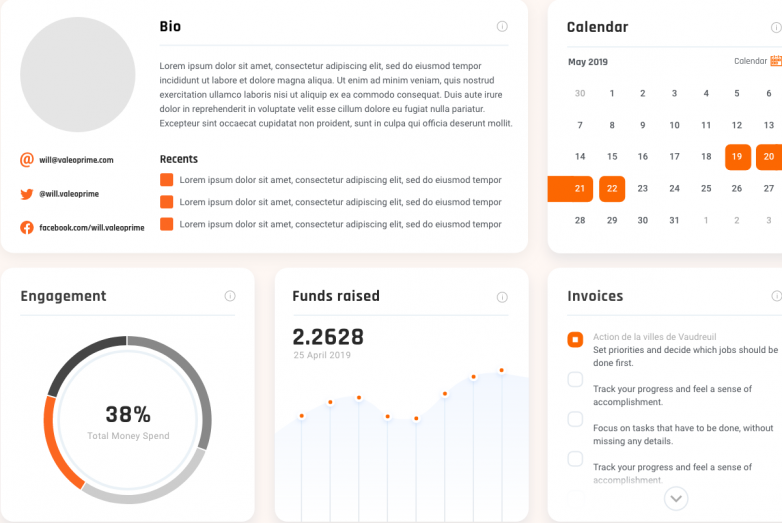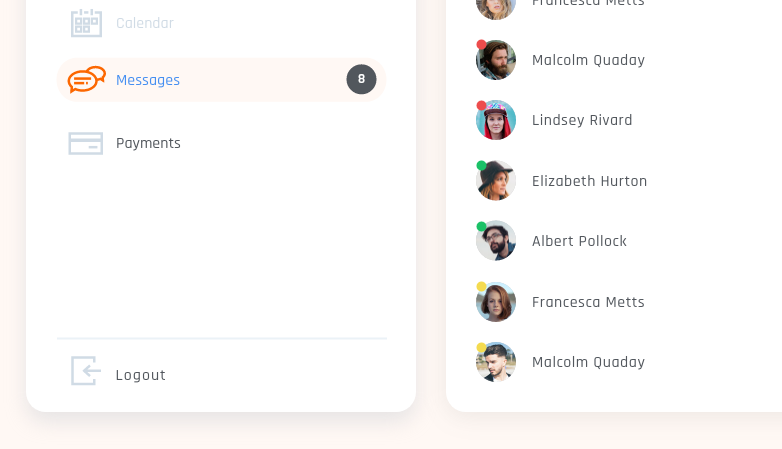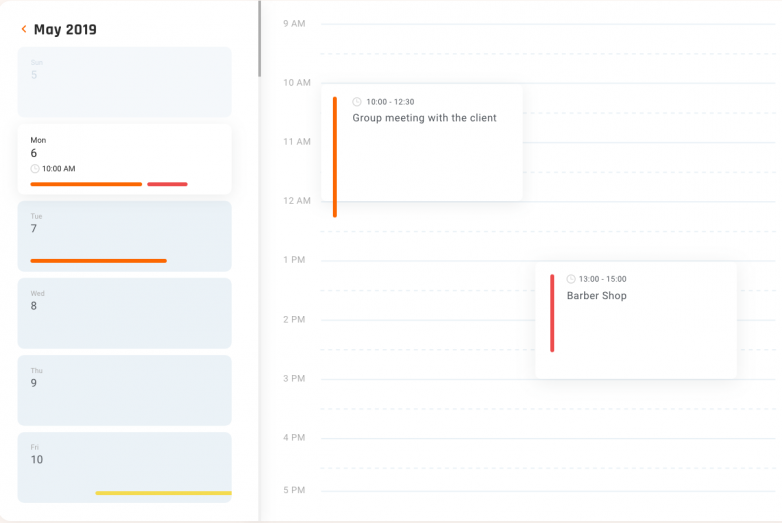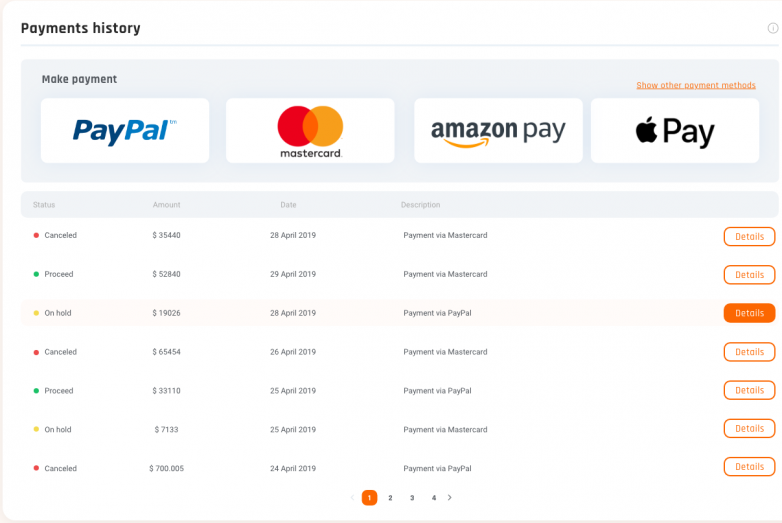
CRM Consulting
for Service Industry
OUR CLIENTS
360-degree View of Your Client
CRM provides a platform where all the client information is accessible in a single place. Which of your many services are your clients using? How long have they been a client, and what is their direct value for your organization? These are some of the answers a CRM platform may effortlessly provide. Information from multiple sources is readily available by simply opening the client’s page and gaining access to all of their information, from transaction history to purchase behavior, and more.


Knowledge-Sharing Across Teams
Sales teams will instantly know the value of a client by accessing information about planned maintenance and service calls over time. Information such as how many success calls were required to close a deal, or if the client has ever called in to complain about a specific service. The more you know about your client, the more your organization can respond to their needs. CRM allows for knowledge-sharing between teams and quick access to a client’s file.
Keep Track of Scheduled Maintenance
Some services offer scheduled maintenance, which may include the replacement of manufactured parts. CRM can provide quick answers to questions like which parts were installed for which client and which pieces of equipment were replaced, or when was the last time it was replaced. Most importantly, CRM keeps track of when that equipment piece will need to be replaced in the future, therefore providing scheduled maintenance suggestions. Stay ahead of your clients’ needs with scheduled service calls. Planned maintenance should be a large and constant part of your revenues.


Set up Successful Promotions to Targeted Clients
By having a complete picture of what your client has purchased, the number of service calls made, or whether any training was provided, you can more easily generate lists of prospects for your next promotion. CRM provides access to your client’s history and trends, making it easier to understand their needs. As such, you can target the right prospects and set up your promotions with the most client insight at hand.
Clients’ Warm Words about Our CRM Consulting Services

“Thanks very much for your great support on this project. It was a pleasure working with you.”
"Thanks Olivier! A big thanks on turning around solutions so quickly in the last couple of weeks for the slight issues we discovered. The team went live with the safety abroad system on Wednesday and I couldn’t be happier!"


